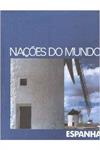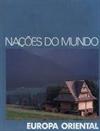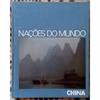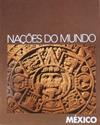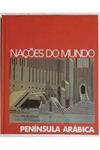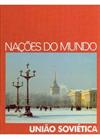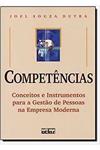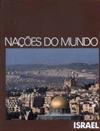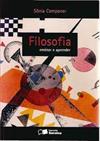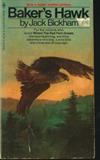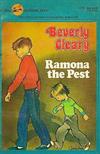
A Zen Wave
1 journaler for this copy...
'Zen Buddhism does not pervade the cosmos. It presents essential nature universal mind but it does so as a particular teaching. Confusing the specific teaching with its vast and undifferentiated subject is a trap that has caught several tigers.' -- Zen Master Robert Aitken
'When your consciousness has become ripe by true zazen pure like clear water, like a serene mountain lake, not moved by any wind then anything may serve as medium of enlightenment.' -- Yamada Koun Roshi
A study of the haiku poetry of Basho by Zen Master Robert Aitken.
Basho was a Master of haiku poetry.
Haiku poetry is a highly structured and formal Japanese poetry. It is a line of seventeen syllables, split into three parts of five syllables, seven syllables followed by five syllables and usually rendered as three lines.
The old pond;
A frog jumps in -
The sound of water.
Zen Master Robert Aitken who submitted a Master's Dissertation on Basho in 1950 entitled Basho's Haiku and Zen, sees the haiku poetry of Basho as an insight into Zen. Being very carefully to define neither.
Each chapter covers a single haiku. It is translated literally and literary. Followed by a commentary on both the form and meaning, followed by a verse of poetry on the meaning by Robert Aitken.
Walk in the mountains a little before dawn. The sun does not gradually appear, it suddenly explodes before us.
In plum-flower scent
Pop! The sun appears
The mountain path.
In is spring time. The air very cold, crystal clear.
Awareness is not a gradual process, it suddenly pops into our consciousness.
Also read
Manual of the Warrior of Light by Paulo Coelho [see BCID 5745341]
The Alchemist by Paulo Coelho [see BCID 6490137]
The Pilgrimage by Paulo Coelho [see BCID 5745345]
The Gospel of Thomas edited by Stevan Davies [see BCID 6911375]
'When your consciousness has become ripe by true zazen pure like clear water, like a serene mountain lake, not moved by any wind then anything may serve as medium of enlightenment.' -- Yamada Koun Roshi
A study of the haiku poetry of Basho by Zen Master Robert Aitken.
Basho was a Master of haiku poetry.
Haiku poetry is a highly structured and formal Japanese poetry. It is a line of seventeen syllables, split into three parts of five syllables, seven syllables followed by five syllables and usually rendered as three lines.
The old pond;
A frog jumps in -
The sound of water.
Zen Master Robert Aitken who submitted a Master's Dissertation on Basho in 1950 entitled Basho's Haiku and Zen, sees the haiku poetry of Basho as an insight into Zen. Being very carefully to define neither.
Each chapter covers a single haiku. It is translated literally and literary. Followed by a commentary on both the form and meaning, followed by a verse of poetry on the meaning by Robert Aitken.
Walk in the mountains a little before dawn. The sun does not gradually appear, it suddenly explodes before us.
In plum-flower scent
Pop! The sun appears
The mountain path.
In is spring time. The air very cold, crystal clear.
Awareness is not a gradual process, it suddenly pops into our consciousness.
Also read
Manual of the Warrior of Light by Paulo Coelho [see BCID 5745341]
The Alchemist by Paulo Coelho [see BCID 6490137]
The Pilgrimage by Paulo Coelho [see BCID 5745345]
The Gospel of Thomas edited by Stevan Davies [see BCID 6911375]
